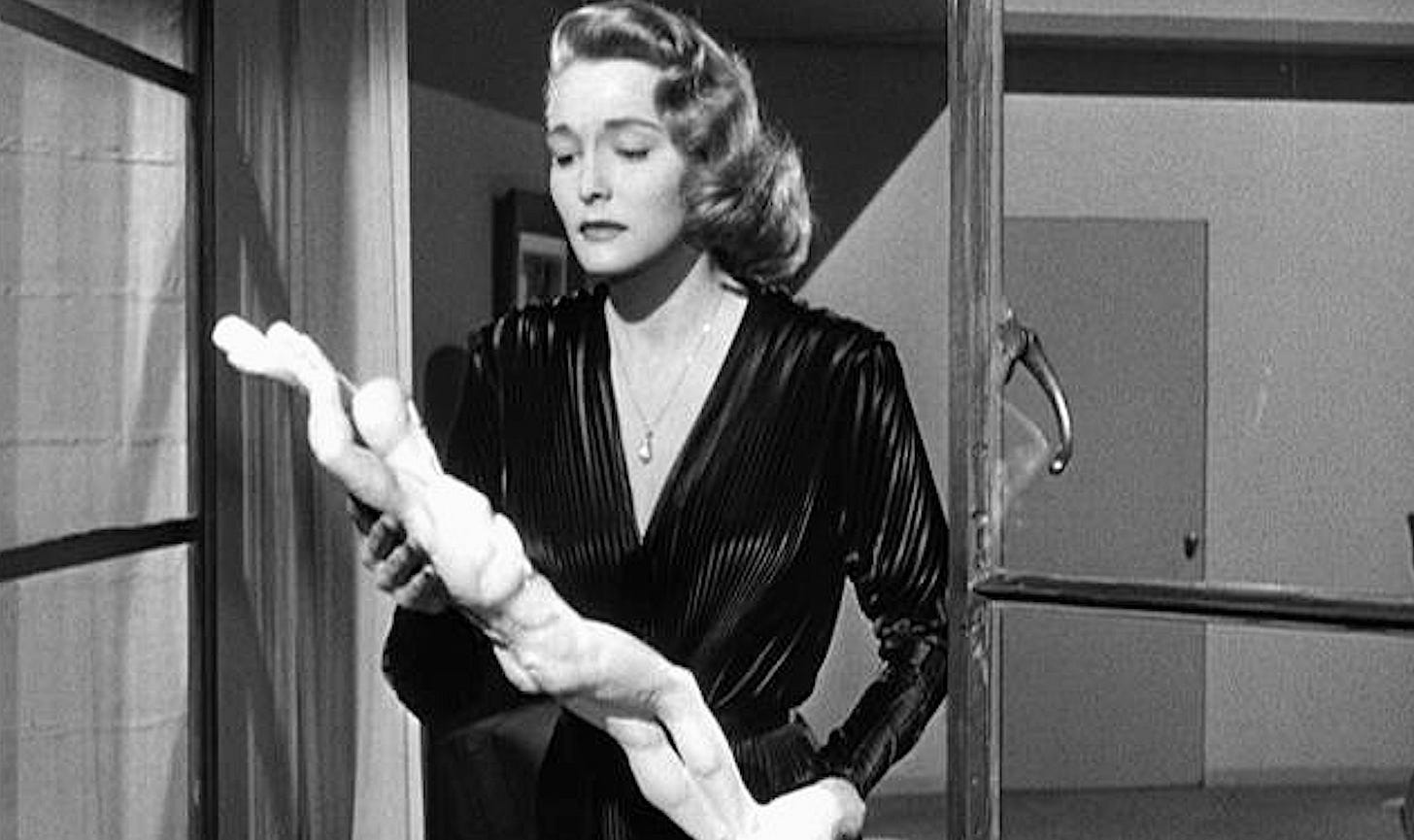Author’s note: This article contains spoilers for and presumes knowledge of The Fountainhead.
I have taught The Fountainhead as a primary text in ethics courses for thirty years, to thousands of students, and I’ve found that many of even the best students misunderstand the motives and actions of one of the book’s main characters—and one of Ayn Rand’s mos…



